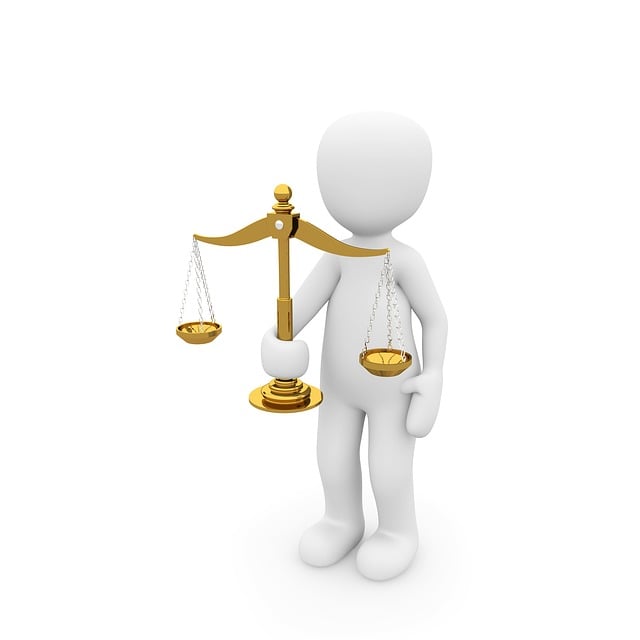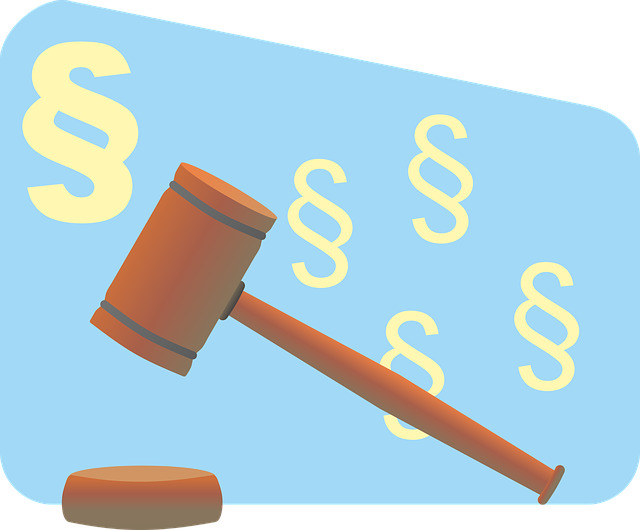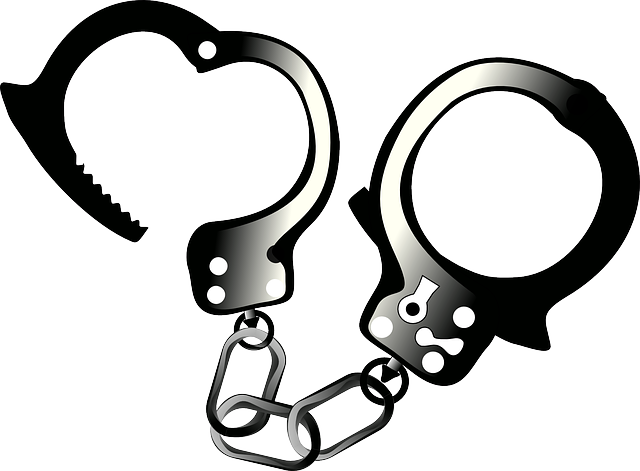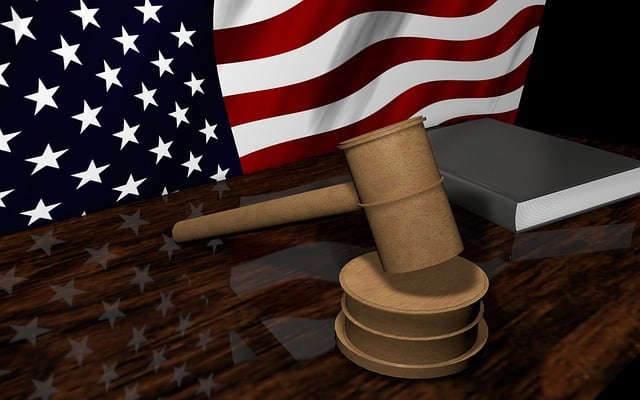Intellectual Property (IP) lawsuits protect businesses from infringements on patents, trademarks, copyrights, and trade secrets, fostering innovation and growth. The process involves strategic steps: identify violation, gather evidence, file a complaint in court, serve the defendant, conduct discovery, and pursue settlement or trial. Experienced IP lawyers guide clients through these stages, ensuring successful protection of rights and safeguarding valuable intellectual property assets nationwide.
“Unraveling the complexities of intellectual property (IP) law is crucial for businesses aiming to protect their innovative assets. This article serves as a comprehensive guide for entrepreneurs navigating the process of filing an IP lawsuit, especially in the realm of RF finance. We’ll walk you through ‘steps to file an intellectual property lawsuit’, from understanding your rights and identifying legal needs to choosing the ideal RF finance law firm and managing the subsequent legal journey. By the end, you’ll be equipped with knowledge to safeguard your creations.”
- Understanding Intellectual Property Rights: An Overview
- Identifying the Need for Legal Action: When to File
- Steps Involved in Filing an Intellectual Property Lawsuit
- Choosing the Right RF Finance Law Firm: Key Considerations
- Navigating the Legal Process: What to Expect After Filing
Understanding Intellectual Property Rights: An Overview

Intellectual Property (IP) rights are a cornerstone of innovation and creativity in any industry. Understanding and protecting these rights is essential for businesses, especially in today’s competitive market. IP includes patents, trademarks, copyrights, and trade secrets, each serving unique purposes. For instance, patents protect inventions by granting exclusive rights to their inventors for a limited period. Trademarks safeguard brand identities and logos, preventing others from copying or using them without permission. Copyrights, on the other hand, shield original artistic and literary works. These rights play a pivotal role in fostering innovation by encouraging individuals and organizations to create and share without fear of immediate competition.
When IP is infringed upon, the owner has legal recourse. One such method is filing an intellectual property lawsuit. The process involves several steps: identifying the specific type of IP violation (e.g., patent infringement, trademark misusing), gathering evidence, and serving a formal notice to the infringing party. If negotiations fail, the case may proceed to court. An experienced lawyer specializing in IP law can guide clients through all stages of the investigative and enforcement process, ensuring they have an unprecedented track record of success in protecting their rights. This not only safeguards their current assets but also strengthens their position for future ventures, contributing to both financial stability and growth within the philanthropic and political communities.
Identifying the Need for Legal Action: When to File

Identifying the Need for Legal Action: When to File
In today’s dynamic business landscape, understanding when to take legal action is paramount, especially in cases involving intellectual property (IP). The steps to file an IP lawsuit can be intricate and demanding, making it crucial to seek counsel from experienced attorneys. Law firms specializing in RF finance and serving high-stakes cases offer invaluable expertise in navigating these complex matters. They have an unprecedented track record in handling white-collar and economic crimes, providing clients with robust strategies tailored to their unique needs.
By proactively assessing potential IP infringements or disputes, businesses can protect their valuable assets. Whether it’s patent infringement, trademark misappropriation, or copyright violation, early intervention is key. Law firms equipped with the right resources and a deep understanding of IP laws can guide clients through each step, from initial assessments to trial, ensuring the best possible outcome for protecting their intellectual property rights.
Steps Involved in Filing an Intellectual Property Lawsuit

Filing an Intellectual Property (IP) lawsuit involves a series of precise steps to ensure your case is presented effectively and has a strong chance of success. First, it’s crucial to complete a thorough assessment of your situation. This includes identifying the specific IP rights at issue—patents, trademarks, copyrights, or trade secrets—and gathering evidence to support your claim. Engaging experienced legal counsel who specialize in IP law is vital for guidance throughout this process. They will help you navigate the complexities and ensure compliance with legal requirements.
Once ready, initiate the lawsuit by filing a complaint with the appropriate court, usually in the jurisdiction where the defendant operates or resides. This document outlines your claims, the basis for them, and seeks redress. After filing, there’s a period of service, where copies of the complaint are delivered to the defendant, officially notifying them of the lawsuit. If the case proceeds, it may involve discovery—a process of exchanging information and documents—and eventually a trial or settlement negotiations. Ultimately, the goal is to achieve a complete dismissal of all charges or an agreement that avoids indictment, ensuring your IP rights are protected across the country.
Choosing the Right RF Finance Law Firm: Key Considerations

When selecting an RF Finance Law Firm to handle your intellectual property lawsuit, several key considerations come into play. Firstly, assess their expertise in navigating complex financial regulations and intellectual property law. Look for firms with a proven track record of successfully defending clients against potential indictments, as this underscores their understanding of the intricate legal landscape.
Additionally, delve into their past achievements and client testimonials to gauge their commitment to their clients’ success. An unprecedented track record of securing favourable outcomes indicates a firm that goes above and beyond for his clients. Ensure they possess the resources and strategic acumen to guide you through every step of the process, from filing initial paperwork to negotiating settlements or litigating in court, as per the Steps to File Intellectual Property Lawsuit.
Navigating the Legal Process: What to Expect After Filing

After filing an Intellectual Property lawsuit, clients often wonder what to expect next. The legal process can seem complex and lengthy, but understanding the key steps helps in navigating this journey effectively. Initially, a thorough review of the case is conducted by RF Finance Law Firms. This involves examining the validity of the intellectual property claim, evaluating the strength of evidence, and identifying potential defenses. The firm then crafts a strategic legal response tailored to the unique circumstances of the case.
The subsequent phases include serving legal notices, gathering and producing relevant documents, depositions, and potentially court hearings. RF Finance Law Firms stay agile throughout, adapting strategies based on evolving information. Their goal is not just to comply with procedures but to achieve extraordinary results, including winning challenging defense verdicts or securing a complete dismissal of all charges.
Protecting your intellectual property (IP) is a crucial step in securing your financial future. As highlighted in this article, understanding IP rights and knowing when to take legal action are key. The process of filing an intellectual property lawsuit involves several meticulous steps, from identifying the violation to choosing the right law firm. When selecting a RF Finance Law Firm, consider their expertise, track record, and ability to navigate complex legal landscapes. After filing, be prepared for a detailed legal process that requires patience and perseverance. By following these steps to file an intellectual property lawsuit, you can safeguard your innovations and ensure they receive the protection they deserve.






